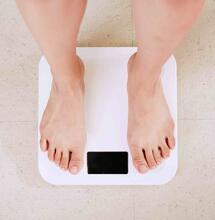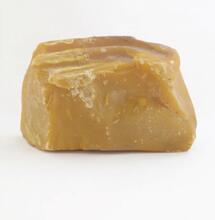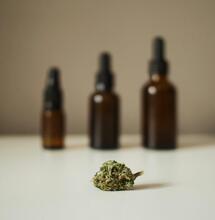Does Cannabis Help You Sleep?

THC and CBD appear to affect sleep in different ways. Studies have found that low doses of THC can improve sleep and that high doses may worsen it. In the case of CBD however, the opposite is true. This fact is something that makes studying the connection between cannabis and sleep challenging because different cannabis products will contain varying amounts of each compound.
One review of 26 studies, published in 2020 reported there to be “promising preliminary evidence” that cannabinoids including THC and CBD, should be studied as potential treatments for sleep problems including insomnia, sleep apnea, restless legs syndrome and nightmares linked to post-traumatic stress disorder.
Cannabis’s effects on sleep are also influenced by how you take it. Pills or edibles take longer to kick in than inhaled forms, but their impact on sleep will last longer. Vaping or smoking will give you faster results. Still, the effects won’t last as long and come with respiratory health concerns like lung damage and inflamed airways.
There is evidence to suggest that cannabis may indirectly help with sleep by relieving chronic pain and anxiety, these being the two top concerns inspiring new patients to try medical cannabis.
What should you know before using cannabis for sleep?
People who use cannabis for sleep seem to find it most effective when they use it now and again but not every day. Using THC too often leads to tolerance or dependency, which can then reverse the benefits of cannabis for sleep.
Some who use THC too often may report suffering from a “weed hangover” the next day, which brings on symptoms including fatigue, headache and dry mouth and eyes. Using CBD, however, does not seem to lead to the same problems.
Many people opt to use cannabis for sleep as they do not want to try sleep medications. But simple lifestyle changes can also be effective, like going to bed and waking up at regular times daily, reducing screen time, especially before bed, cutting out caffeine in the afternoons, daily exercise and making your bedroom a cool, clean, comfortable environment.
It is important to consider whether you are taking any medications that could interact with cannabis. Blood thinners including warfarin and several epilepsy drugs in particular are known to interact with cannabis products.
If you’re set on trying cannabis, go slow and low. Start with the lowest dose possible and see how you go. We need more research into the subject and that's why if you’re looking for help with sleep, it should not be the first thing you try.
More From Soft Secrets:








